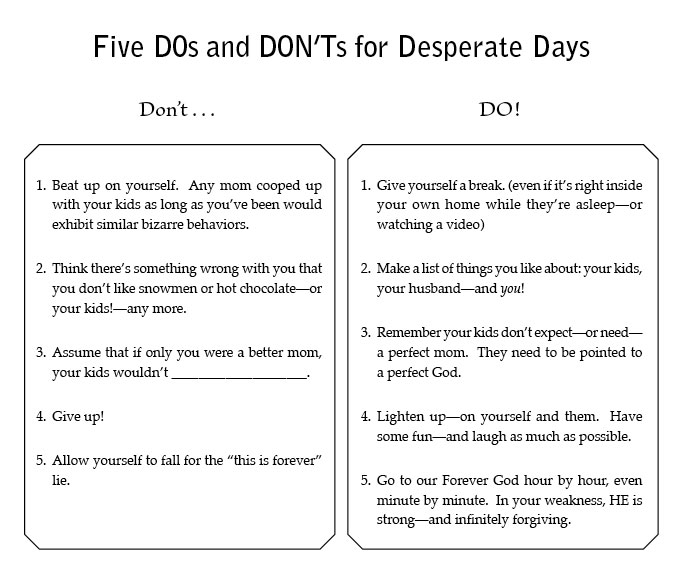Remembering Month
/November is my remembering month. I just realized that this morning. I’ve always thought of November as my giving-thanks month. How has it taken me so many years to realize how the two—remembering and giving thanks—are related?

Remembering is everywhere this month. Today I got out our Thanksgiving decorations. When I unpack my favorites, the two pilgrims my mother-in-law always had on the Thanksgiving table when we visited, my mind—and heart—are always flooded with memories.
Woody and I are teaching a Sunday School class on Deuteronomy. Here we find Moses’ final address to his (God’s!) people—one last chance to impress on them what really matters most. “Take to heart all the words I have solemnly declared to you . . . they are not just idle words . . . they are your life!” (Deuteronomy 32:46-47)
And what are some of those words? “Remember,” Moses tells the people 16 times. “Do not forget,” 6 more times. Hm. I guess he knew that, like us, his people were fast forgetters. We need to be reminded to remember!
And what are we to remember? Many things. But here’s a start:
- Remember where you came from. “Remember that you were slaves in Egypt.” Five times (at least) Moses reminds the people of their past.
- Remember how you got where you are. Over and over Moses reminds the people of how God led them out of Egypt with a mighty hand, with signs and wonders and divine drama, to bring them to the land He chose for them.
- Remember where you’re going. They’re headed for a place God Himself chose and will provide for them.
- Remember Who goes with you. “Be strong and courageous. Do not be afraid or terrified . . . for the Lord your God goes with you; He will never leave you nor forsake you.” (Deuteronomy 31:6)
So what does all this have to do with us? Everything! What a difference it would make in cultivating a grateful heart if we remembered
- where we were “before God/without God,”
- Who it is who found us and redeemed us and gave us Life,
- where it is we are ultimately headed, and
- Who goes with us every step of the way.
Common denominator? GOD. God in our past. God in our present. God in our future.
Recently we were singing with two of our grandsons as we put them to bed. We sang the requested hymn: “Amazing Grace.” When we finished, Nils, who had selected this song, looked up at Woody and asked: “Farfar?" (our grandchildren’s name for Woody, which means “father’s father” in Swedish) “Who was lost?” After a brief discussion about John Newton and his life and conversion with this 4-year-old and his 7-year-old brother, Nils thought for a while and then said, “Oh, I get it. ‘Lost’ means he was bad and then Jesus found him.”
Lost. And found! Something to remember. Reason indeed for gratitude. For the Israelites—and for us.




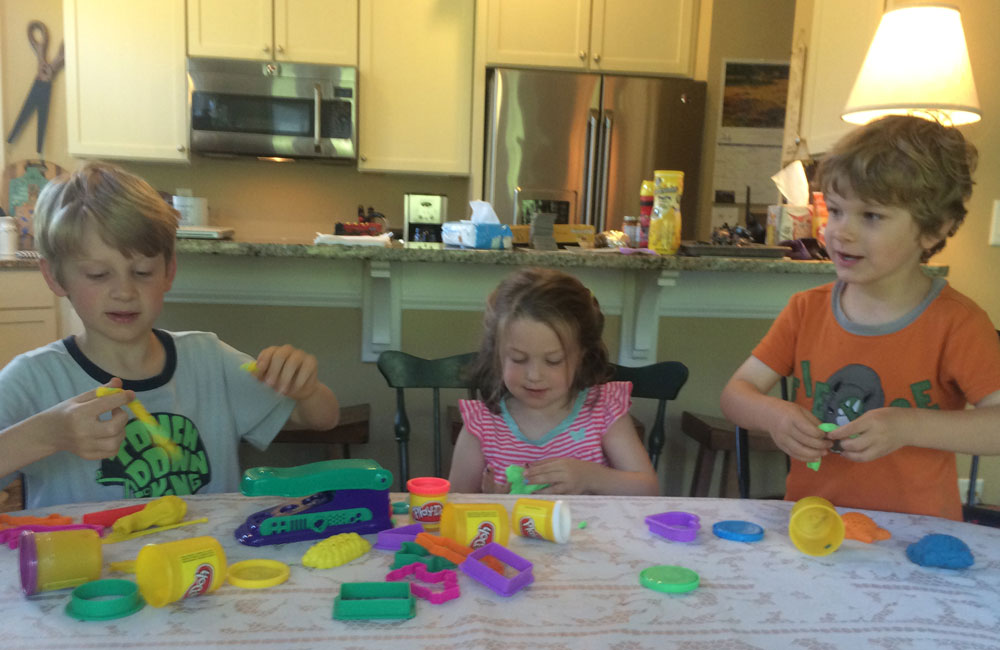 #1 Playdough in PJ’s is a super way to start the day.
#1 Playdough in PJ’s is a super way to start the day.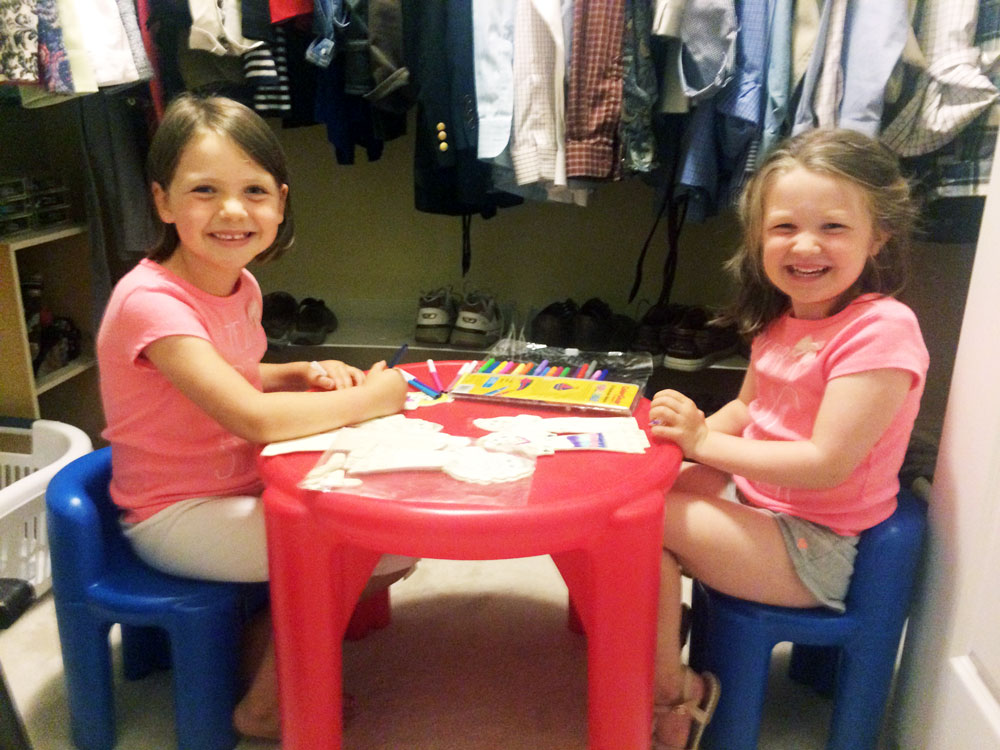
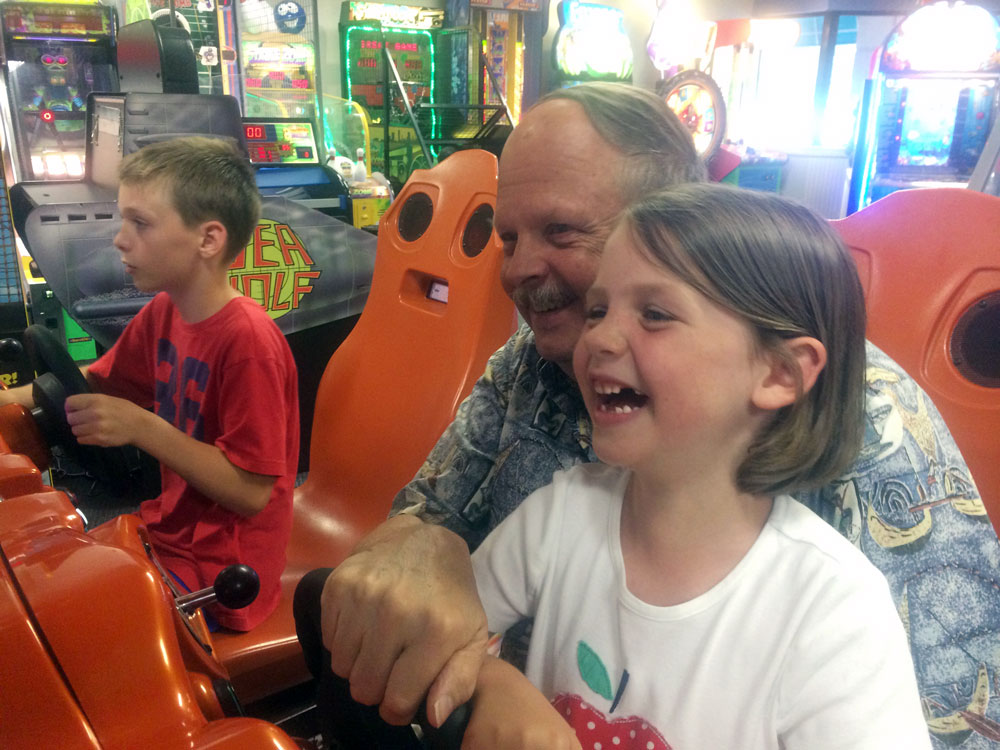
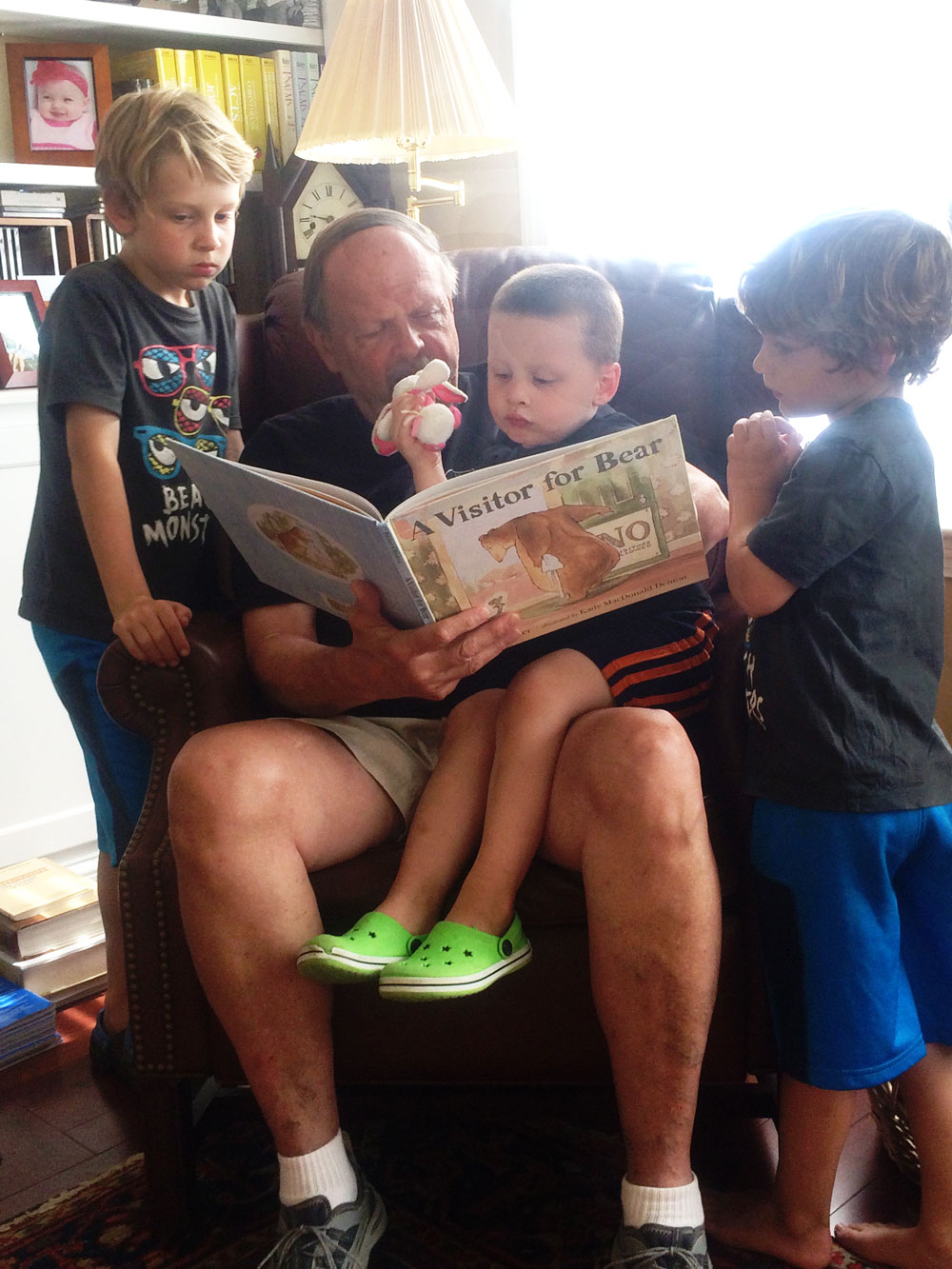
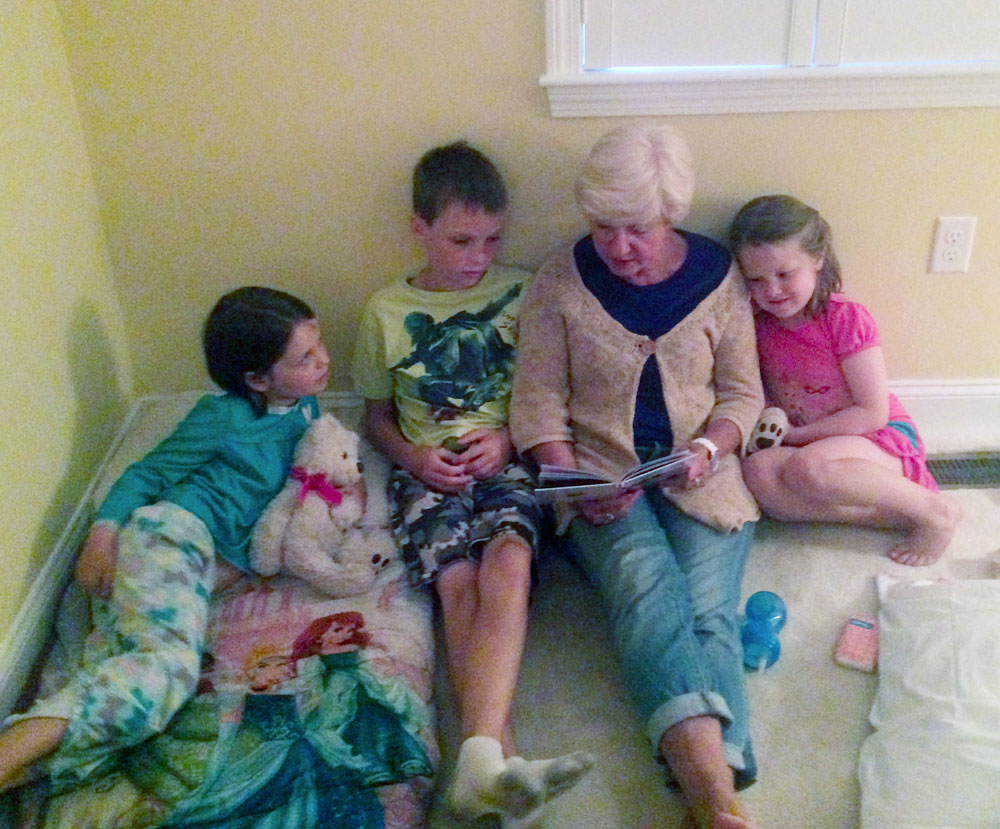

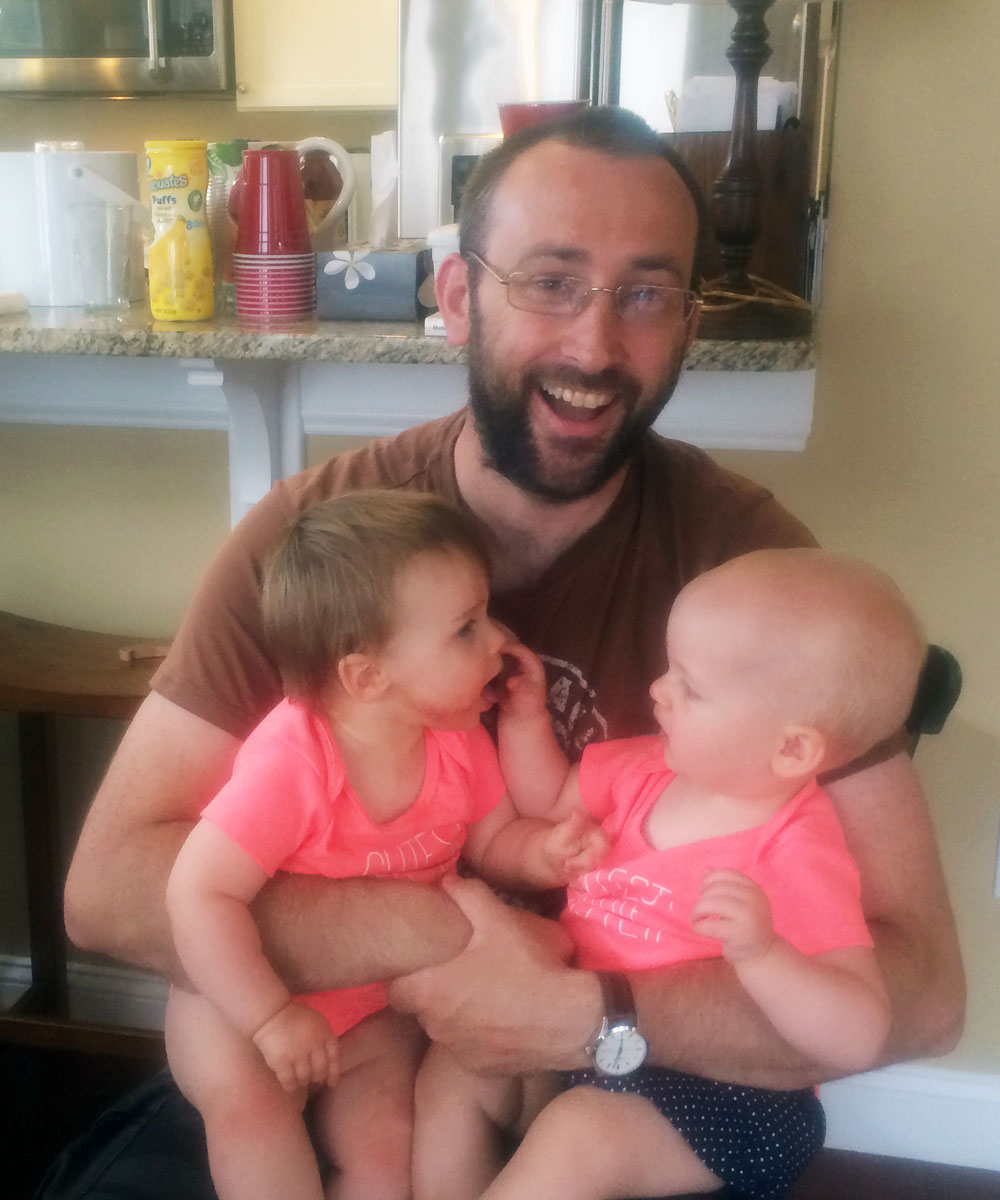
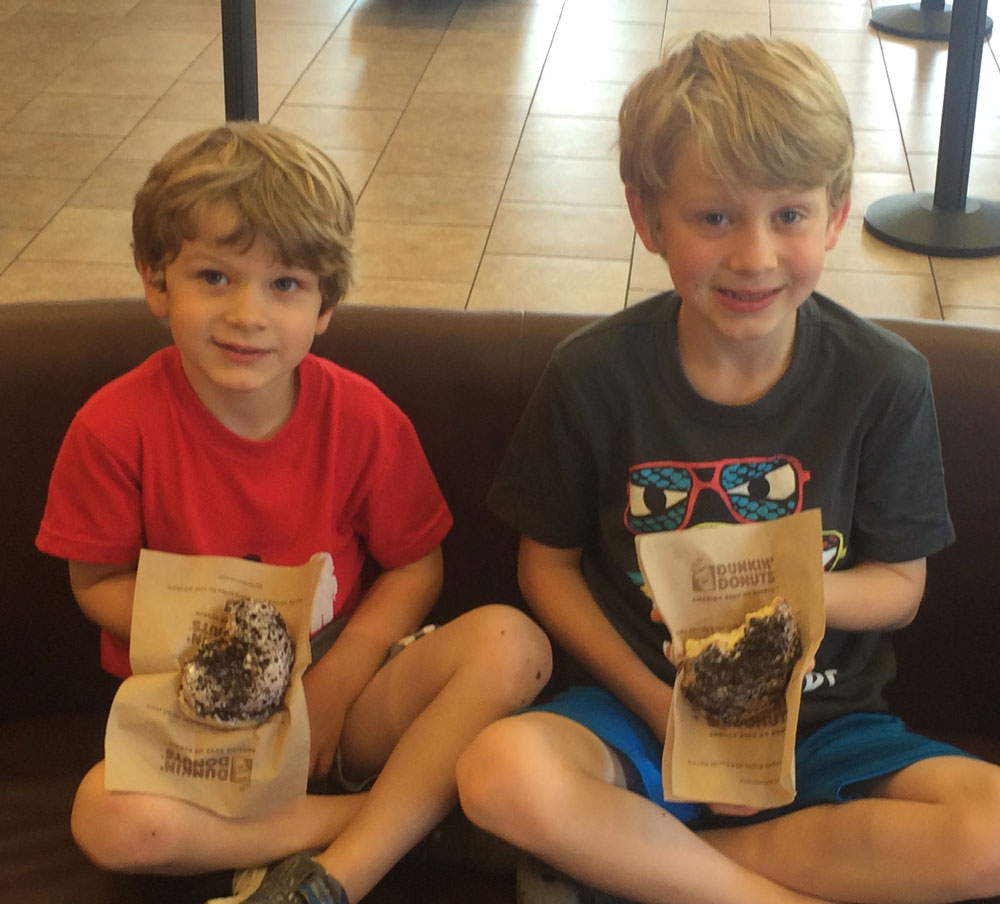
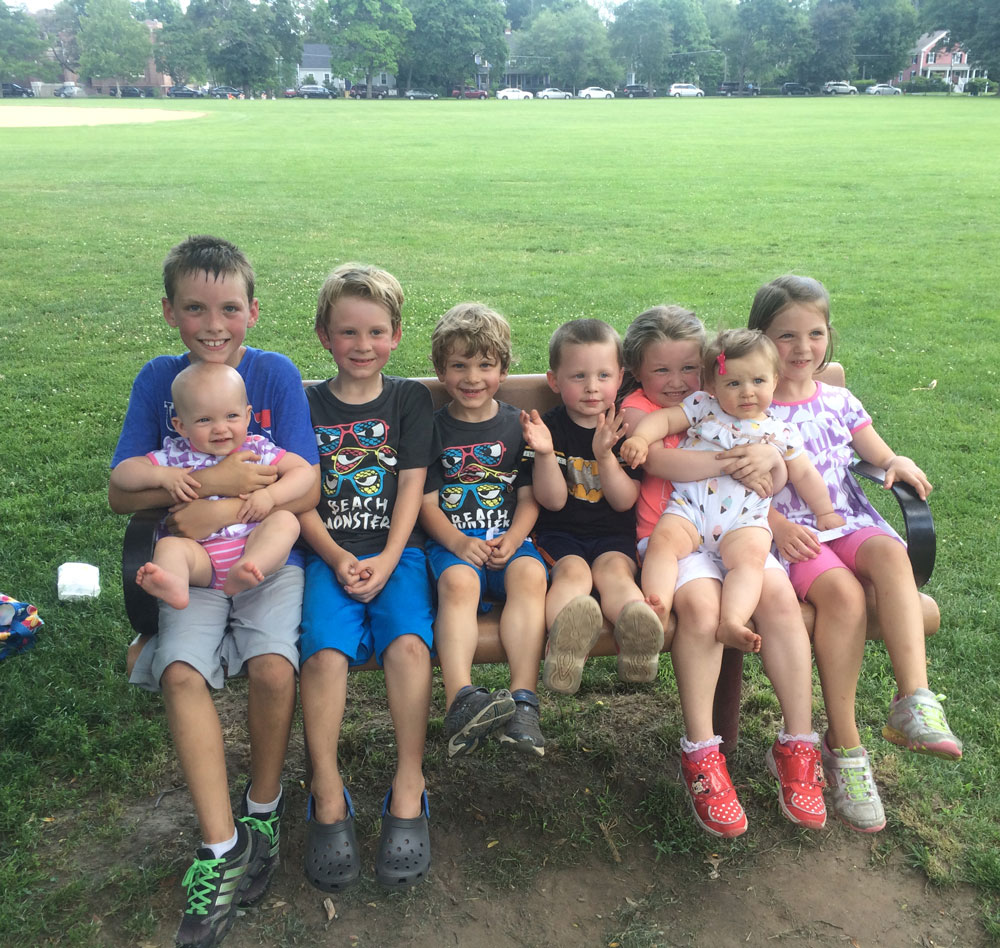

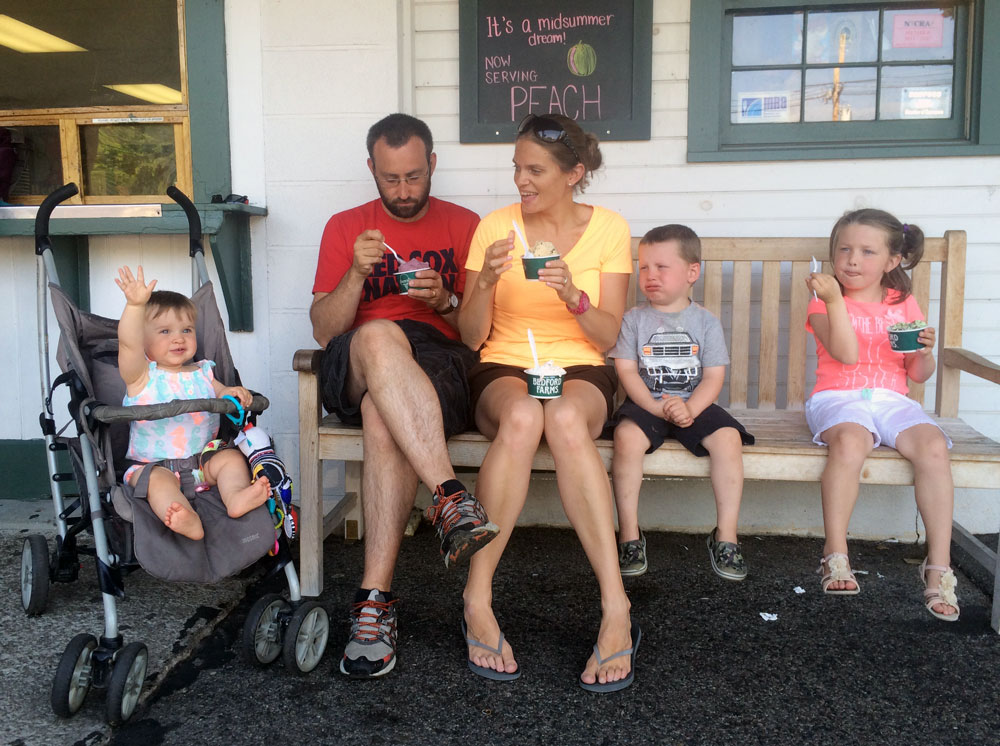
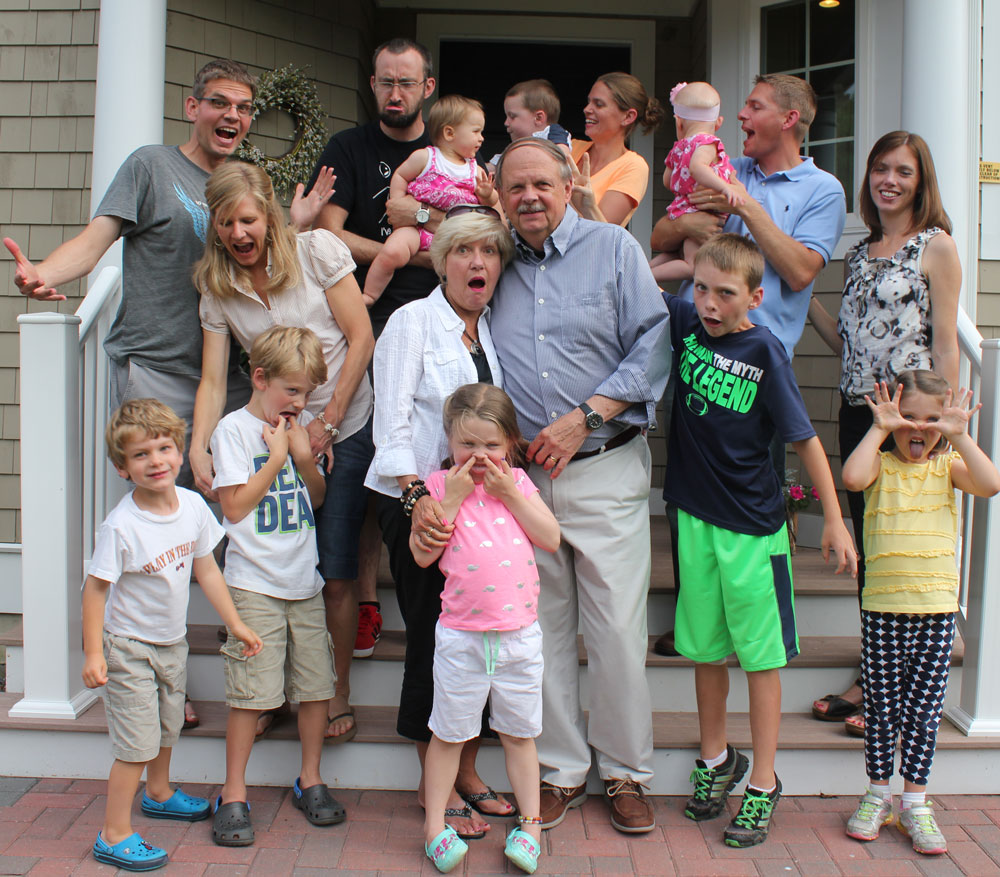





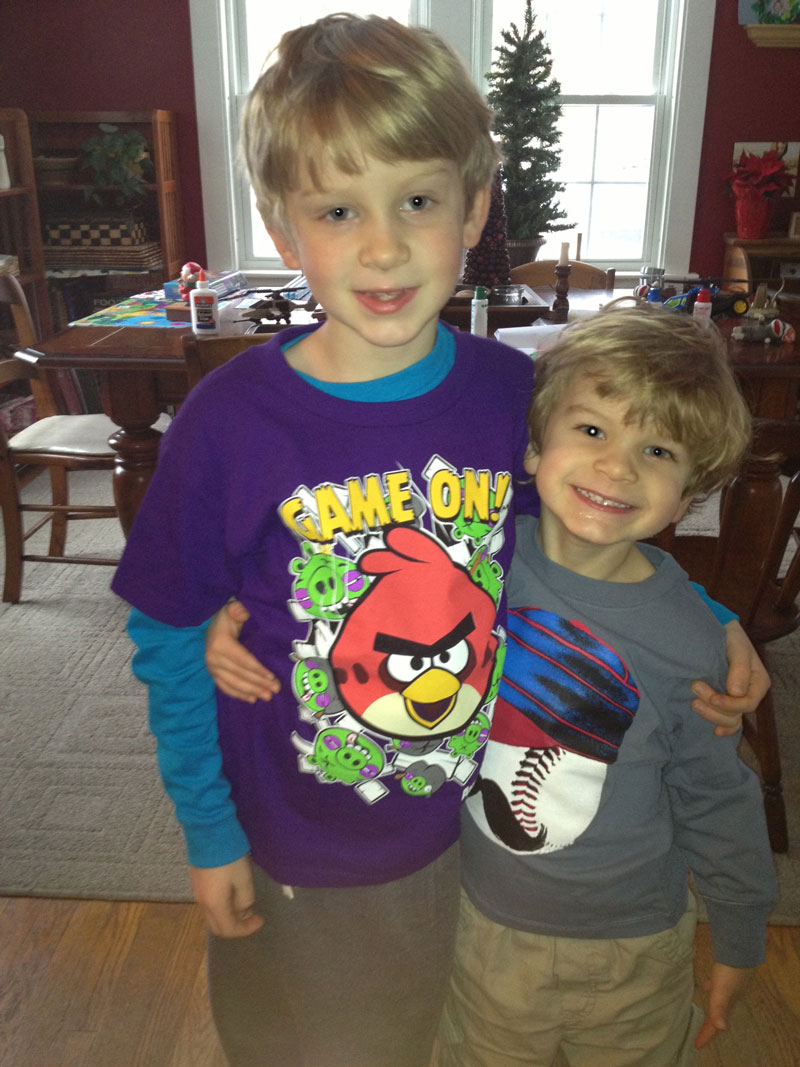
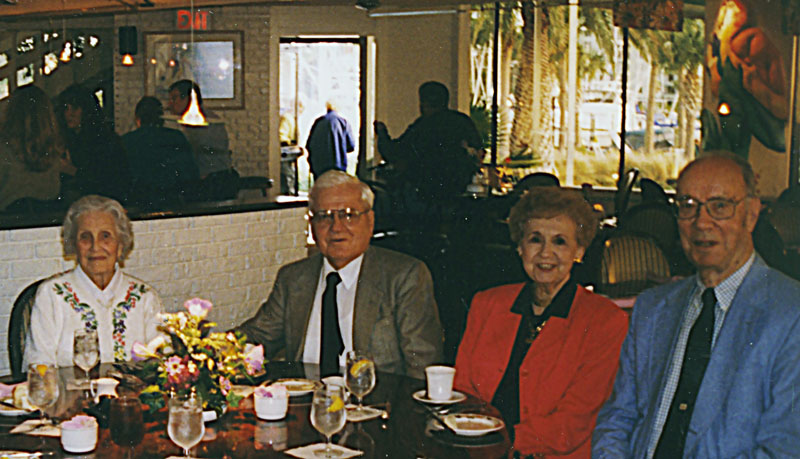 I went to the funeral of a great man this past Saturday. George F. Bennett lived a long life, dying at the age of 102. He was a financial genius, known in his time as one of the most successful figures in Boston money management. He was a deeply devoted Christian. He (along with a small group) founded a church and was very committed to Christian education and camping. He served as Treasurer for both Harvard University and The Billy Graham Evangelistic Association and was asked by two different administrations to serve as U.S. Secretary of the Treasury (though he declined both invitations). He was a director of numerous diverse boards, from Ford Motor Company to Gordon-Conwell Seminary, to name two. He left a gigantic footprint on the world of finance, higher education, Christian camping, missions… and the list goes on. He was, in some ways, larger than life. He and his wife, Helen, were my parents’ best friends. I first met them when I was in fifth grade, and I’ve loved them ever since.
I went to the funeral of a great man this past Saturday. George F. Bennett lived a long life, dying at the age of 102. He was a financial genius, known in his time as one of the most successful figures in Boston money management. He was a deeply devoted Christian. He (along with a small group) founded a church and was very committed to Christian education and camping. He served as Treasurer for both Harvard University and The Billy Graham Evangelistic Association and was asked by two different administrations to serve as U.S. Secretary of the Treasury (though he declined both invitations). He was a director of numerous diverse boards, from Ford Motor Company to Gordon-Conwell Seminary, to name two. He left a gigantic footprint on the world of finance, higher education, Christian camping, missions… and the list goes on. He was, in some ways, larger than life. He and his wife, Helen, were my parents’ best friends. I first met them when I was in fifth grade, and I’ve loved them ever since.